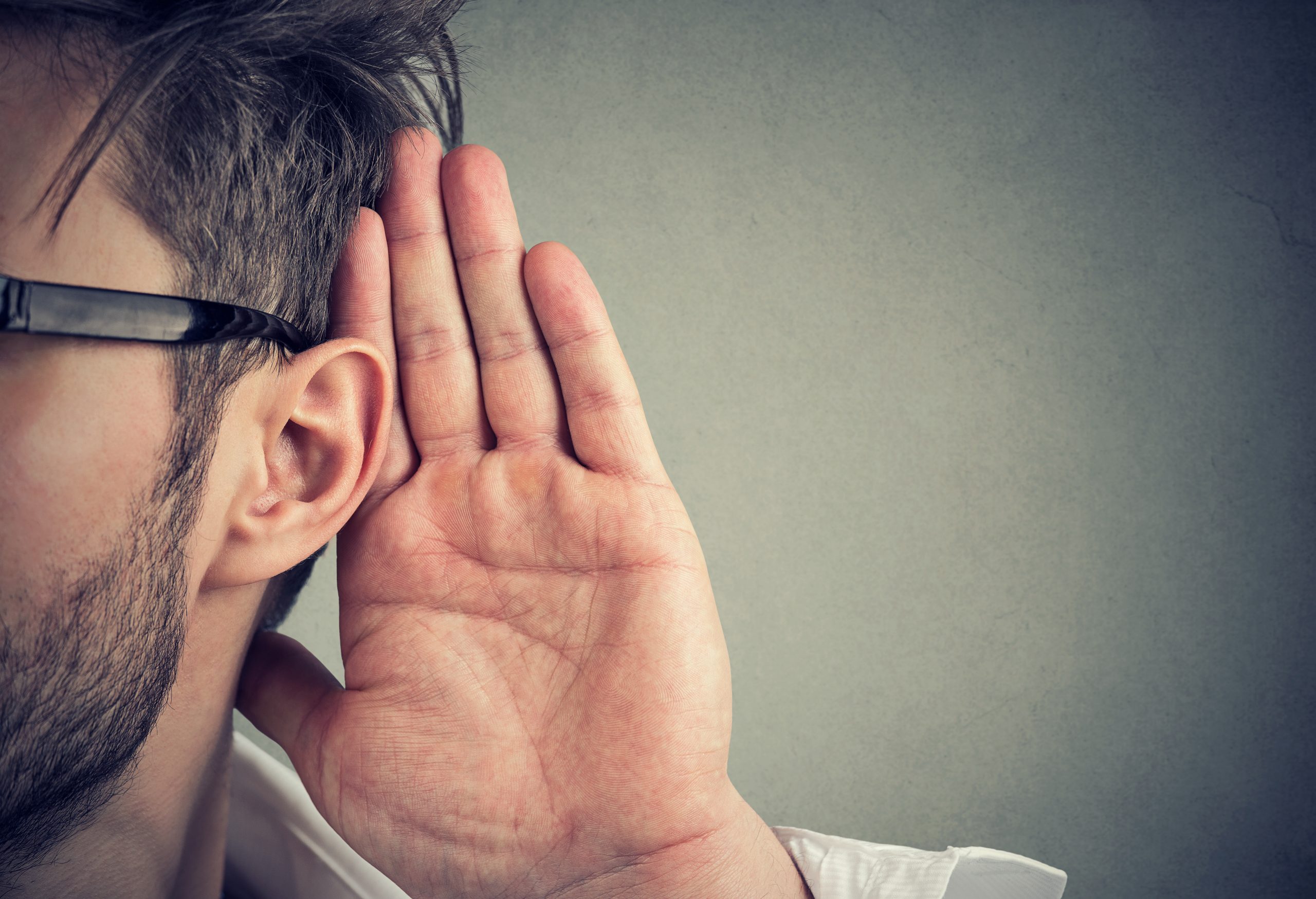Women have sharper hearing than men regardless of where they live, while environmental factors like altitude and urban settings significantly shape how we perceive different sounds, new research reveals.
At a Glance
- Women consistently demonstrate two decibels more sensitive hearing than men across all populations studied
- Environment plays a crucial role: forest dwellers have the highest hearing sensitivity while high-altitude residents have the lowest
- Urban residents are more attuned to higher-pitched sounds compared to rural dwellers
- Findings challenge assumptions about hearing health and suggest new approaches for tailored hearing care
The Gender Gap in Hearing Sensitivity
Over 466 million people worldwide suffer from disabling hearing loss, a condition linked to poorer health outcomes when left untreated. While age-related hearing decline affects nearly everyone to some degree, researchers have identified significant differences between men and women that could reshape our understanding of hearing health. The most striking finding from recent research shows women consistently demonstrate hearing that is approximately two decibels more sensitive than men across diverse global populations, regardless of geographic location or cultural background.
Clinical studies have consistently shown men experience faster hearing decline with age compared to women. In the Baltimore Longitudinal Study on Aging, researchers discovered hearing ability declined more than twice as fast for men compared to women, particularly in higher frequency ranges. This finding suggests sex-based biological differences play a fundamental role in hearing function across the lifespan and may help explain why women maintain better hearing sensitivity as they age.
Biological Explanations for Women’s Superior Hearing
Scientists have proposed several potential explanations for women’s consistently better hearing sensitivity, though no definitive answer has emerged. One leading theory suggests hormonal differences, particularly estrogen levels, contribute significantly to these differences. Research indicates estrogen may play a protective role in cochlear function, potentially shielding women from some age-related hearing deterioration that men experience more severely. Other researchers suggest structural differences in cochlear anatomy between sexes may contribute to this disparity.
Women’s hearing advantages extend beyond basic sensitivity. Studies show women also perform better in speech perception tests and other complex hearing tasks, suggesting their brains may process auditory information more effectively. However, increased sensitivity isn’t always beneficial. Greater cochlear sensitivity can make women more susceptible to noise disturbances, potentially leading to sleep disruption and other negative health impacts in noisy environments.
Environmental Influences on Hearing
While biological sex emerged as the strongest predictor of hearing amplitude, environment plays a crucial role in shaping how we perceive different sound frequencies. The research found distinct patterns of hearing adaptation based on geographic location and environmental conditions. People living in forested areas demonstrated the highest overall hearing sensitivity, while those residing at high altitudes had the lowest sensitivity, suggesting significant environmental adaptation of hearing function.
Urban environments appear to shape hearing in specific ways too. The research revealed that city dwellers are more attuned to higher-pitched sounds compared to those living in rural areas. This finding suggests our auditory systems may adapt to the predominant sound environments we experience daily. These environmental adaptations raise fascinating questions about whether hearing ability can adapt during an individual’s lifetime or if these differences represent genetic adaptations that have evolved over generations.
— Head Biotech (@BSponberg) March 1, 2025
Implications for Hearing Health Care
The discovery of consistent gender differences in hearing sensitivity, combined with environmental influences, has significant implications for hearing health care. Current approaches to hearing loss prevention and treatment often apply one-size-fits-all solutions that fail to account for these biological and environmental factors. Understanding these variations could lead to more personalized hearing protection strategies, targeted treatments, and better-designed hearing aids that account for an individual’s specific hearing profile.
For those concerned about maintaining hearing health, these findings emphasize the importance of considering both biological predispositions and environmental exposures. While women may start with better hearing sensitivity, occupational noise exposure affects men more significantly, contributing to observed differences in noise-induced hearing loss. This suggests that workplace hearing protection programs might need gender-specific approaches. The research also highlights that protective factors like estrogen may influence hearing health, with implications for hormone therapy considerations in older adults.
Sources:
https://pmc.ncbi.nlm.nih.gov/articles/PMC7012726
https://interestingengineering.com/culture/women-hear-better-than-men-everywhere
https://www.bath.ac.uk/announcements/study-shows-women-can-hear-better-than-men











